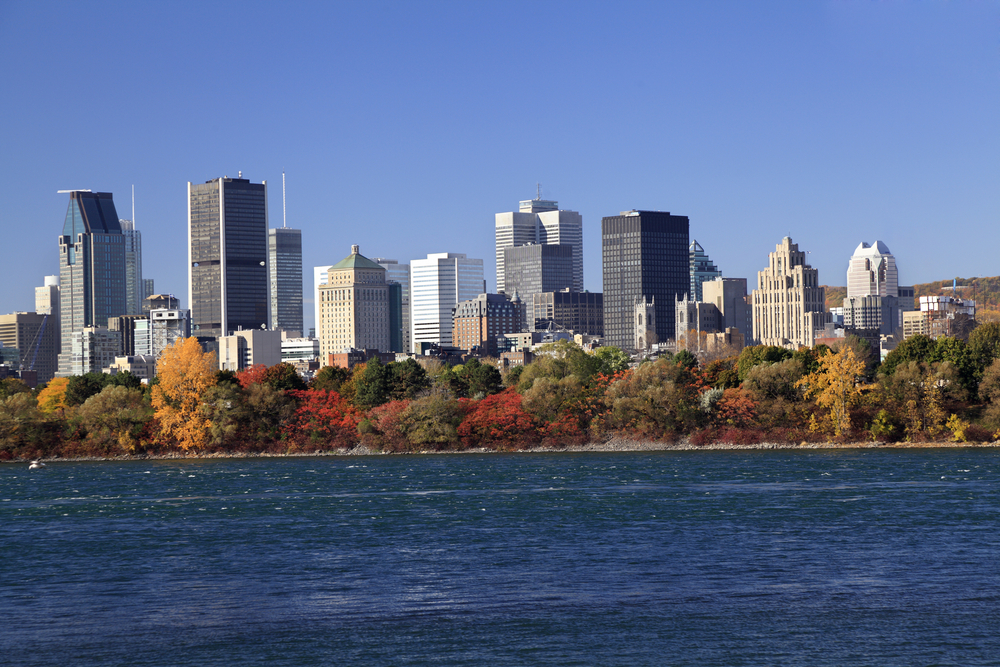Canada’s housing market could be in trouble. What might that mean for U.S. real estate?
CMHC, the Canadian Mortgage and Housing Corp., has predicted that their real estate boom will come to an end in 2016.
Canada’s biggest pension funds are frequently seen buying commercial property in New York. Individual Canadians have long been one of the biggest groups of foreign buyers of real estate in the U.S. They are a major force in sunny Florida, and have picked up a huge number of homes in Arizona over the last decade. Since the recent crises, we’ve also seen many Americans head north to find jobs, and better access to healthcare. So there is no question that there are direct links between the directions of both markets, even if they move independently.
Canada has been experiencing a strong housing boom for years. In fact, new data published via the Financial Post shows virtually no major dips for a decade, or more. While not all analysts agree, CMHC anticipates a slowdown in sales and prices next year, with slightly better figures for 2017.
For now, there appears to be little concern on the street. Consumers are pushing new records with rapid home buying and building. Tight inventory and heated demand just keeps pushing prices up. That may not change, but even though Canada has perhaps been the only nation to escape major real estate roller coasters so far, we also know that when things start slipping, they normally dive deep, fast. What might the fallout of a housing bubble in Canada be for U.S. real estate?
Capital Flows
The most likely knee-jerk reaction to any significant decline in Canadian real estate is to send capital south.
Few will want to hold onto rapidly depreciating assets north of the border. The U.S. could see a good mix of returning Americans, and Canadians looking for investments. This capital flow could increase even further if European and Asian investors that have been investing in Canadian commercial real estate redirect their cash to the U.S.
Pure Investment Dollars
In the past, many Canadians have purchased property south of the border, and have spent most of their time here while claiming benefits back at home. New border regulations aim to change this. A new report reveals expectations for new actions based upon a pact and border tracking act originally enacted in 2011. This includes cracking down on tax cheats, healthcare manipulators, retirement benefit applicants and more that spend more than six months in the U.S. each year. It could even lead to denial of entry if border agents believe Canadians may overstay their limits. So more may buy part time vacation homes and rentals down south, but few may risk spending too much time in the United States. That means more pure investment dollars.
Factors Impacting the Canadian Real Estate Market
- Massive international investment
- An extended run of over a decade of gains
- A rising interest rate environment with many adjustable rate loans
- World topping price records and lack of affordability
- Fears of overbuilding
- Government warnings of too much consumer debt
- Major industries impacted (i.e. oil)
- Investors too eager to sell off their entire portfolios
Note that there is a significant difference between random claims and rumors which always exist, versus fact based data.
Summary
Canada may be the next country to see a dip in homes sales, and maybe even home prices. Forecasters are calling for a soft and short dip. However, that would be rare, given historical boom-correction cycles. To that end, it should be great news for U.S. real estate.






